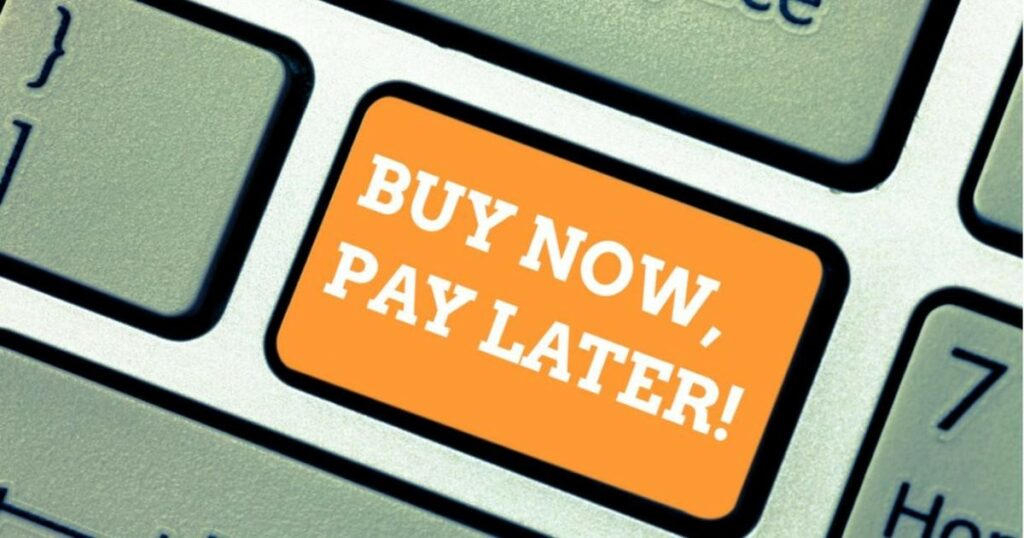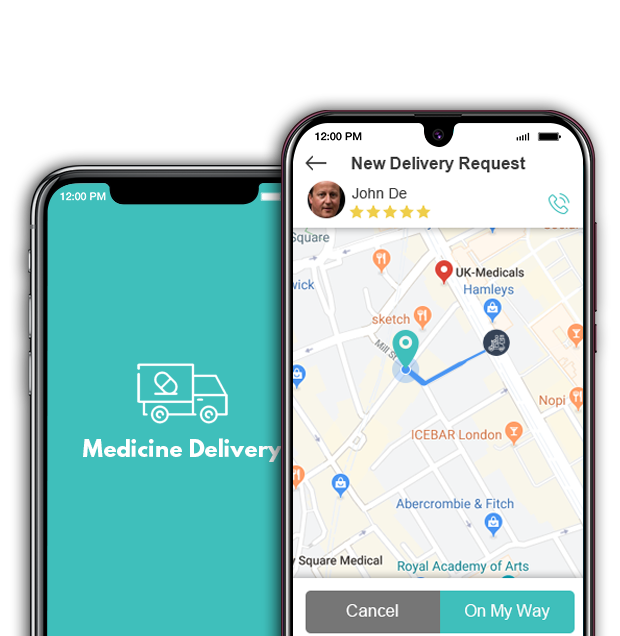Buy now pay later has been a game changer for many consumers, but what about for businesses? In this article, I will be discussing whether buy now pay later is still a feasible option for business or if it should be avoided all together.
The rise of buy now pay later
There’s no doubt that buy now pay later schemes have become increasingly popular in recent years. Whether it’s using simpl or another BNPL company at your favorite online store or taking advantage of slice interest-free payment plan, more and more people are using these services to make their purchases.
But with the rise of buy now pay later schemes comes the question: is this good for businesses? After all, these schemes allow consumers to delay payment on their purchases, which could potentially lead to missed payments and defaulted loans.
So far, there’s no definitive answer as to whether or not buy now pay later schemes are good for businesses. Some retailers have reported increased sales and satisfied customers, while others have struggled to cope with the influx of customers who are unable to pay on time.
Only time will tell if buy now pay later schemes are here to stay or if they’ll fizzle out like so many other fads. In the meantime, businesses will need to weigh the pros and cons carefully before deciding whether or not to offer these services to their customers.
Why buy now pay later failed for consumers
The short answer is that buy now pay later schemes failed for consumers because they often ended up paying more in interest and fees than they would have if they had just used a traditional credit card.
What’s more, many people found themselves unable to keep up with the payments and ended up defaulting on their debt, which damaged their credit scores.
All of this meant that people were less likely to be approved for loans or other forms of credit in the future, and it became more difficult for them to get out of debt.
So, while buy now pay later schemes may be good for businesses in the short term, they are not good for consumers in the long term.
How to use buy now pay later to grow your business
Buy now pay later services have been gaining popularity in recent years as a way for consumers to finance their purchases. However, these services can also be used by businesses to finance their inventory and grow their business. Here are some tips on how to use buy now pay later services to grow your business:
1. Use buy now pay later services to finance your inventory.
If you’re looking to expand your inventory or stock up on new merchandise, using a buy now pay later service can help you finance your purchase. This can allow you to free up cash flow and use it elsewhere in your business. There are a few things to keep in mind when using this method of financing, such as making sure you can make the monthly payments and being aware of any fees associated with the service.
2. Offer buy now pay later options to your customers.
Giving your customers the option to finance their purchases with a buy now pay later service can help you boost sales and grow your business. Customers who may not have the ability to pay for an item upfront can still purchase it and spread out the cost over time. Offering this option can also help you attract new customers who may not have considered your business before. Just be sure that you’re able to make timely payments on any outstanding balances owed by customers.
Do you need a merchant account?
There are a few things to consider when deciding if you need a merchant account for your business. The first is whether you will be processing credit cards as payment. If so, you will need a merchant account in order to do so. You will also need to consider how much volume you anticipate processing. If you are a small business, you may be able to get by without a merchant account; however, if you are expecting high volume, you will likely need one. There are also fees associated with merchant accounts, so you will need to factor that into your decision. In the end, it is up to you to decide if a merchant account is right for your business.
If a brick and mortar business chooses not to accept electronic payments and only allows for cash, then they would not necessarily need to establish a merchant account and could rely on just a basic deposit account at any bank. Online businesses, however, are required to establish merchant account partnerships as part of their business operations since electronic payments are the only option for customers in making purchases.
Best practices for using buy now pay later to grow your business
There are a few best practices to follow when using buy now pay later services to grow your business:
1. Use a reputable service: Make sure to do your research and use a reputable buy now pay later service. There are many scams out there, so it’s important to be careful.
2. Read the terms and conditions: Be sure to read the terms and conditions of the buy now pay later service before you agree to anything. This way, you’ll know exactly what you’re agreeing to and won’t be surprised by any hidden fees or charges.
3. Consider your customer base: Think about whether or not your customer base would be interested in using a buy now pay later option. If you think it would help grow your business, then go for it!
4. Promote it properly: If you do decide to offer a buy now pay later option, make sure you promote it properly. Let your customers know about it in a clear and concise way so they can take advantage of it if they want to.
5. Keep an eye on your finances: As with any type of financing, it’s important to keep an eye on your finances and make sure you can afford the payments. Buy now pay later can be a great way to grow your business, but only if you use it wisely!
Conclusion
It is difficult to say whether buy now pay later schemes will be good for businesses or not. On the one hand, it could attract more customers and boost sales. On the other hand, it could lead to more defaults and bad debt. Only time will tell whether buy now pay later schemes will be successful for businesses. In the meantime, consumers should be aware of the risks involved in taking on debt in this way.


